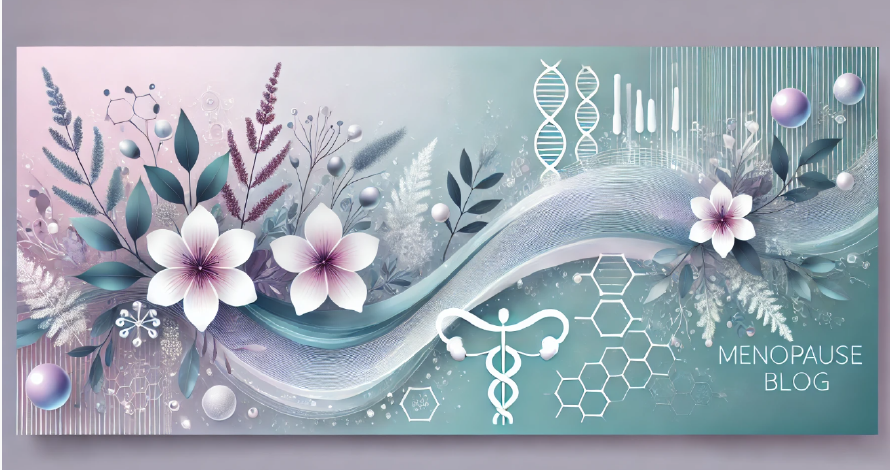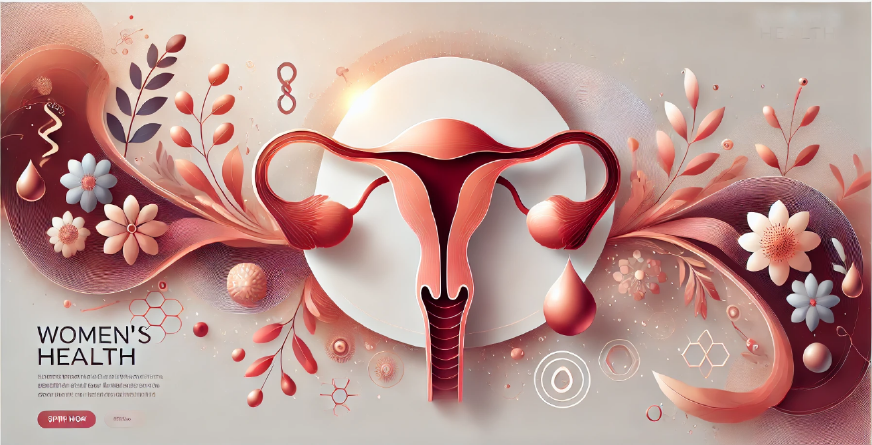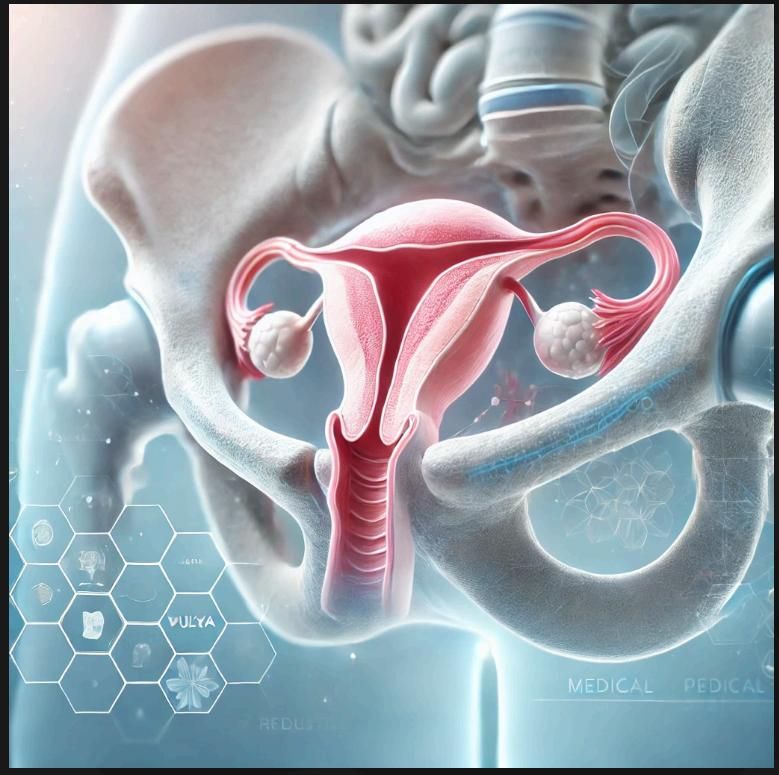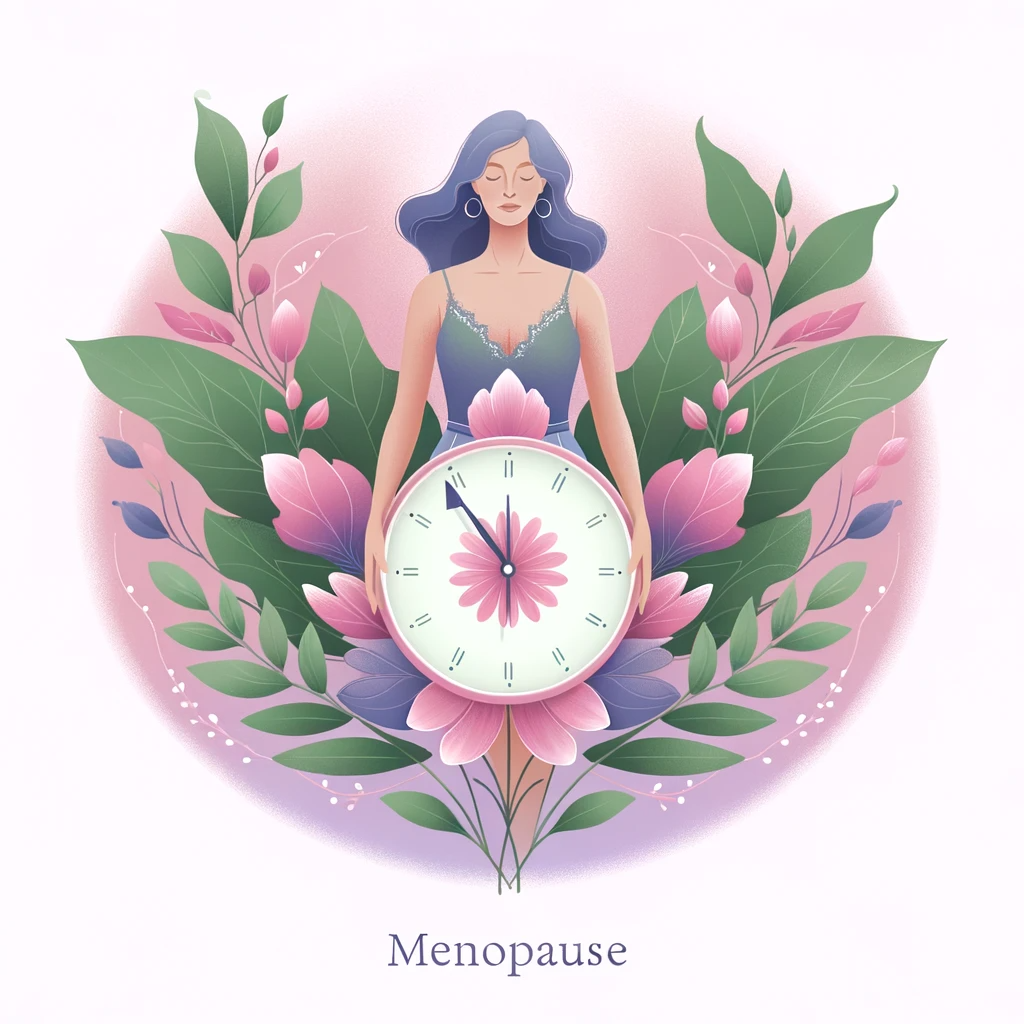Pelvic Health Awareness Month: Why Pelvic Health Matters to Women
Hormone Replacement Therapy (HRT): Why Trusting FDA-Approved Solutions with Dr. Hema Jonnalagadda at Advocare Montgomery Gynecology is Essential
Introduction:
Menopause marks a significant change in a woman’s life, often accompanied by challenging symptoms like hot flashes, night sweats, and mood swings. Hormone Replacement Therapy (HRT) offers an effective way to manage these symptoms, but choosing the right treatment is crucial. Dr. Hema Jonnalagadda, M.D., at Advocare Montgomery Gynecology, emphasizes the importance of using only FDA-approved hormone therapies to ensure safety and efficacy for her patients.
What is Hormone Replacement Therapy (HRT)?
HRT involves supplementing the body’s declining levels of estrogen and progesterone during menopause to alleviate symptoms and improve quality of life. With the right HRT, women can regain comfort and balance, but it’s essential to choose FDA-approved treatments, which have been rigorously tested and proven safe.
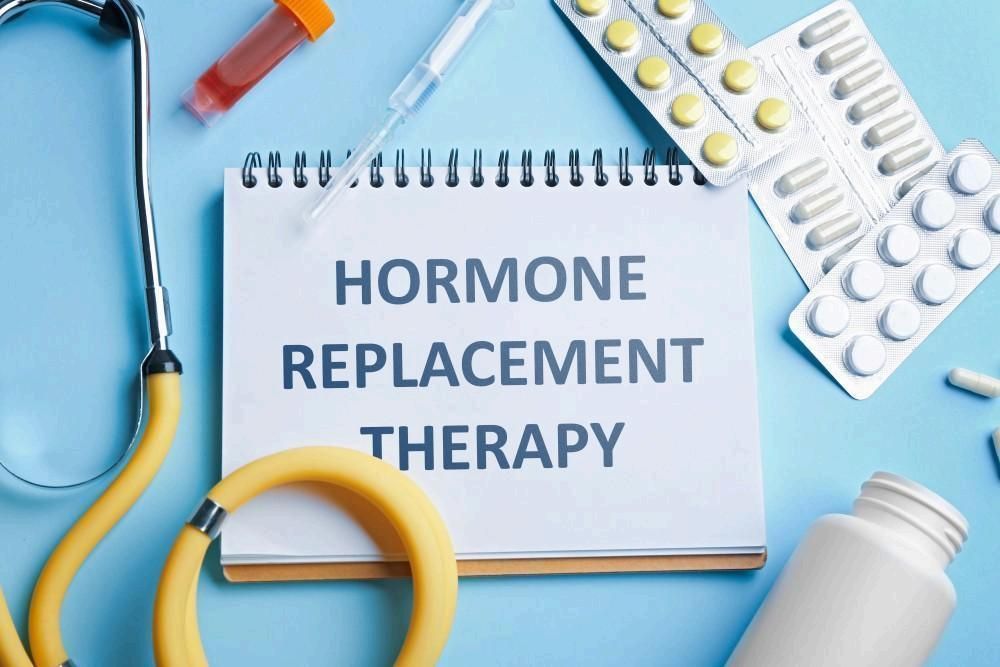
Types of HRT
● Estrogen-Only HRT:
- Medical Version: Suitable for women who have had a hysterectomy, as estrogen alone is sufficient.
- Simpler Explanation: If you've had your uterus removed, you only need estrogen to help with menopausal symptoms.
● Combined HRT (Estrogen and Progesterone):
- Medical Version: Necessary for women who still have their uterus to mitigate the risks associated with estrogen alone.
- Simpler Explanation: If you still have your uterus, you'll need both estrogen and progesterone to stay safe while treating menopausal symptoms.
● Local HRT:
- Medical Version: Provides targeted relief for vaginal dryness and discomfort using creams, rings, or tablets.
- Simpler Explanation: This option is for treating vaginal dryness or discomfort directly with creams, rings, or tablets, giving relief right where it's needed.
How HRT Works
HRT works by restoring the levels of estrogen and progesterone in the body. These hormones play critical roles in regulating various bodily functions, including the menstrual cycle, mood, bone density, and skin health.
● Simpler Explanation: HRT helps by adding back the hormones your body used to make more of before menopause. These hormones are important for things like your mood, bones, skin, and overall health.
● Estrogen: Primarily responsible for maintaining the health of reproductive tissues, bones, and cardiovascular systems. It also helps regulate mood and cognitive functions.
- Simpler Explanation: Estrogen keeps your bones strong, helps your heart, and makes sure your skin and mood stay healthy.
● Progesterone: Balances the effects of estrogen and protects against the overgrowth of the endometrial lining, reducing the risk of endometrial cancer.
- Simpler Explanation: Progesterone works with estrogen to keep your uterus healthy and helps prevent problems like cancer in the lining of your uterus.
Risks and Side Effects
While HRT can be beneficial, it is not without risks. The decision to use HRT should be made after considering the potential risks and benefits, in consultation with a healthcare provider.
● Simpler Explanation: HRT can help, but it also has risks. It’s important to talk with your doctor to decide if it’s right for you.
● Breast Cancer: Long-term use of combined HRT has been associated with an increased risk of breast cancer. This risk appears to be linked to the duration of use and the type of hormones used.
- Simpler Explanation: Using HRT for a long time, especially the kind with both estrogen and progesterone, might increase the risk of breast cancer.
● Cardiovascular Risks: HRT may increase the risk of blood clots, stroke, and heart disease, particularly in older women or those who start HRT later in menopause.
- Simpler Explanation: HRT might raise the chances of getting blood clots, having a stroke, or heart problems, especially if you’re older or start HRT later after menopause begins.
● Endometrial Cancer: In women with a uterus, estrogen-only HRT can increase the risk of endometrial cancer. This risk is mitigated by adding progesterone to the regimen.
- Simpler Explanation: If you still have your uterus, using only estrogen can increase the risk of cancer in the uterus. Adding progesterone helps reduce this risk.
● Other Side Effects: These may include bloating, breast tenderness, headaches, and mood changes.
- Simpler Explanation: HRT might cause some issues like bloating, sore breasts, headaches, and changes in mood.
Who Should Consider HRT?
HRT is generally recommended for women who:
● Are experiencing moderate to severe menopausal symptoms that impact their quality of life.
● Have an increased risk of osteoporosis but cannot take alternative treatments.
● Are younger than 60 and within 10 years of menopause onset.
- Simpler Explanation: HRT is often suggested for women with severe menopause symptoms, those at risk for bone loss who can’t use other treatments, and women under 60 who are close to the start of menopause.

Contraindications:
Women with a history of breast cancer, blood clots, stroke, or liver disease may be advised against HRT. Those with unexplained vaginal bleeding should also avoid HRT until the cause is identified.
● Simpler Explanation: If you have had breast cancer, blood clots, strokes, or liver problems, HRT might not be right for you. Also, if you have bleeding you can’t explain, you should find out why before using HRT
The Importance of FDA-Approved HRT
When it comes to HRT, not all options are created equal. FDA approval is a critical marker of quality, safety, and effectiveness. The rigorous approval process ensures that the hormone therapies recommended at Advocare Montgomery Gynecology by Dr. Hema Jonnalagadda are thoroughly tested and reliable
Why Trust FDA-Approved Treatments?
● Proven Safety: FDA-approved HRT undergoes extensive clinical trials to ensure it is safe, with well-documented side effects that are carefully monitored.
● Efficacy: These treatments are scientifically validated to deliver the intended therapeutic effects, offering consistent relief from menopausal symptoms.
● Quality Assurance: FDA approval guarantees that the manufacturing processes meet strict quality standards, ensuring consistency and purity in every dose.
At Advocare Montgomery Gynecology, we prioritize your health and well-being by offering only the best FDA-approved hormone therapies.
Why Trust FDA-Approved Treatments?
Dr. Hema Jonnalagadda and her team at Advocare Montgomery Gynecology specialize in personalized HRT plans tailored to each patient’s needs. They take the time to understand your symptoms, medical history, and personal preferences, ensuring that you receive the most appropriate and effective treatment
Our Approach:
● Comprehensive Evaluation: Every patient receives a thorough assessment to determine the best HRT options.
● Personalized Treatment Plans: HRT is tailored to match your unique hormonal profile and health needs.
● Ongoing Support: Continuous monitoring and adjustments ensure optimal outcomes throughout your treatment journey
Why Choose Advocare Montgomery Gynecology?
Dr. Hema Jonnalagadda’s clinic is committed to offering the highest standard of care. Here’s why our patients trust us:
● Expertise: Dr. Hema Jonnalagadda, M.D., has years of experience in women’s health, making her a trusted authority in HRT.
● Patient-Centered Care: Your comfort, safety, and well-being are our top priorities.
● FDA-Approved Solutions: We only recommend treatments that meet the highest safety and efficacy standards, ensuring you receive the best care possible.

Making the Right Choice for Your Health
When it comes to your health, choosing the right HRT is critical. FDA-approved hormone therapies are the gold standard in managing menopausal symptoms, and at Advocare Montgomery Gynecology, we are dedicated to providing these trusted solutions. Hormone Replacement Therapy can transform your experience of menopause, but it must be approached with care and expertise. Trust Dr. Hema Jonnalagadda and her team at Advocare Montgomery Gynecology to provide FDA-approved HRT that prioritizes your safety and well-being. Ready to explore how HRT can enhance your quality of life? Schedule a consultation with us today. Your health is our top priority, and we’re here to support you every step of the way

